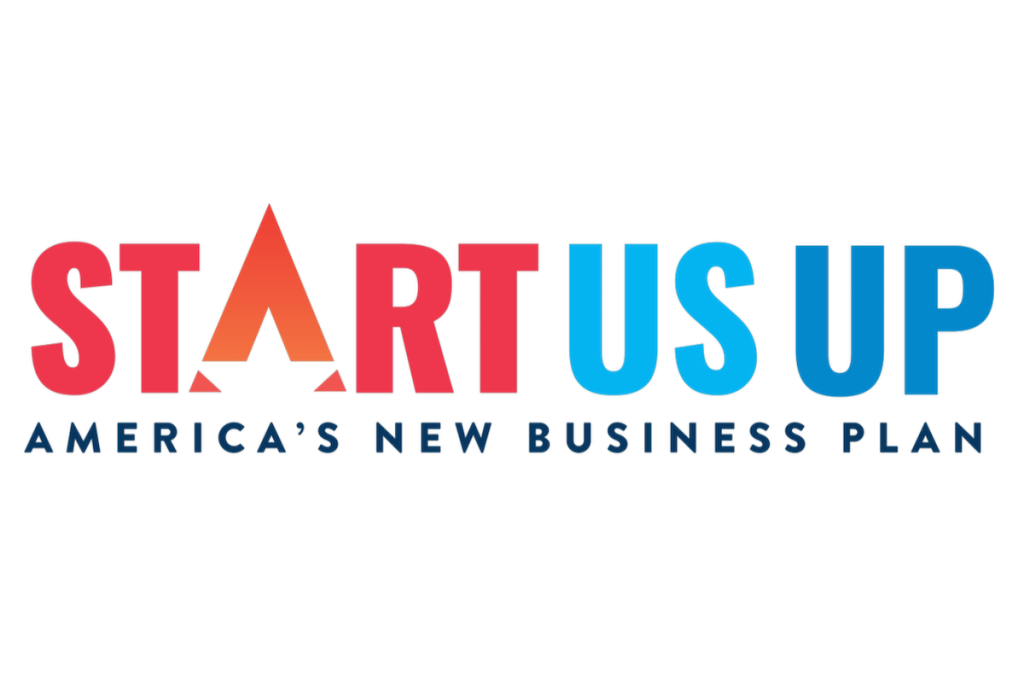Too often in entrepreneurship, restrictive barriers to entry impact communities of color to an outsized degree. Debt traps are among the most notable — and often overlooked — examples.
In some states and cities, prospective or current business owners are required to prove they do not owe government debts prior to starting a business or renewing a business license. These oftentimes impact communities of color to an outsized degree, with fees often as insignificant as a minor traffic ticket or citation for lawn maintenance — as was the case in Ferguson, Missouri per a 2015 Justice Department report on racial discrimination in the city – an unnecessary hurdle to starting a business.
To the extent entrepreneurship provides an important avenue to generational wealth creation, laws targeting those with unpaid fines and fees further compound existing, systemic issues.
Unlike other recommendations in America’s New Business Plan, such as occupational licensing and noncompete reform, there’s a noticeable lack of momentum around eliminating these debt-imposed barriers. In fact, a newly-passed Nevada law — in effect earlier this month —prevents the Secretary of State’s office from renewing business licenses for businesses with outstanding debt.
When applied to enforce necessary business regulations — such as fees and fines most commonly related to OSHA violations or worker’s compensation premiums — the law is understandable. But while enforcement of safety fines may be the primary intention, the law includes “any kind of debt to the state that’s been referred to the controller’s office,” per the Nevada Independent.
To the extent fines excessively target communities of color, these laws can play a driving role in sustaining systems of discrimination and inequity — even as an unintended consequence. As policymakers consider issues in this domain, it’s critical they do so with specific attention paid to inequity and justice.
America’s New Business Plan recommends policymakers:
- Remove debt-imposed barriers to entry, or “debt traps,” that prevent prospective entrepreneurs from obtaining or renewing a business license because of unpaid fines and fees unrelated to the business.
- Eliminate unreasonable and excessively punitive fines and fees that trap would-be entrepreneurs in cycles of debt.
In a rebounding economy, policymakers should be taking steps to make it easier, not harder, for entrepreneurs to start businesses in their communities — particularly those hit hardest by the dual pandemics of COVID-19 and racial injustice. As cities and states explore other reforms to eliminate barriers to entry, so too should they address debt traps where they exist.

